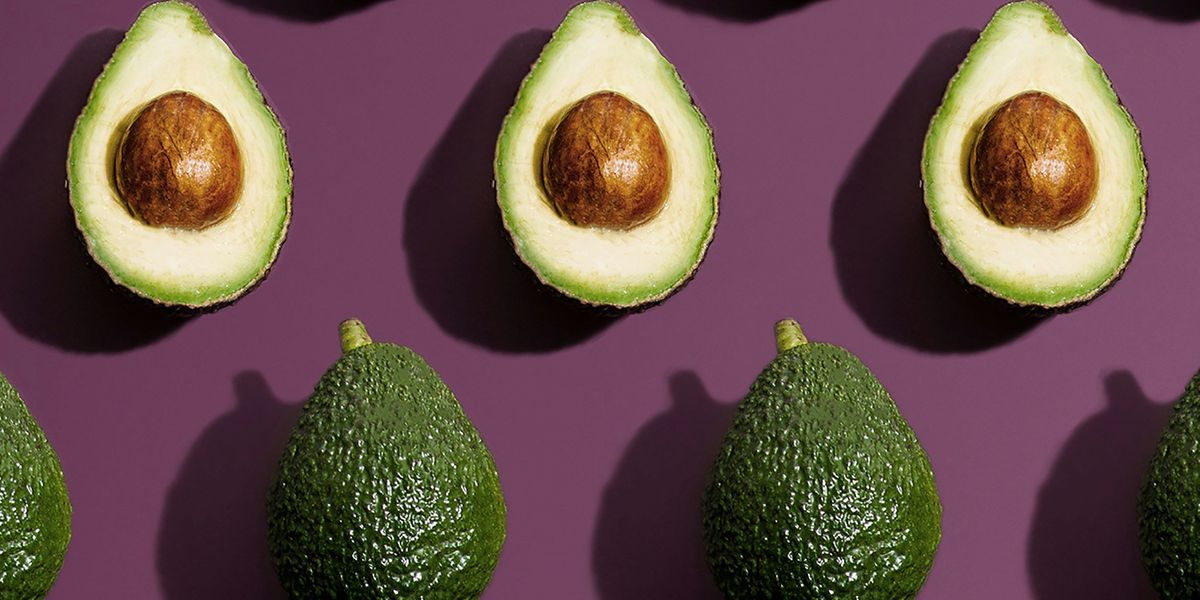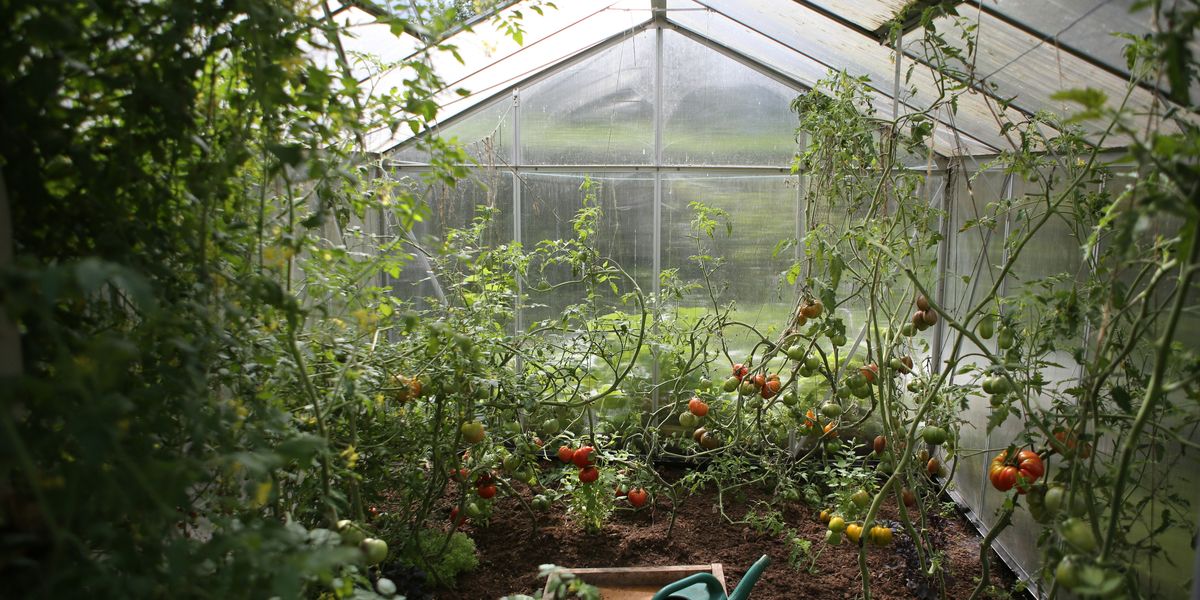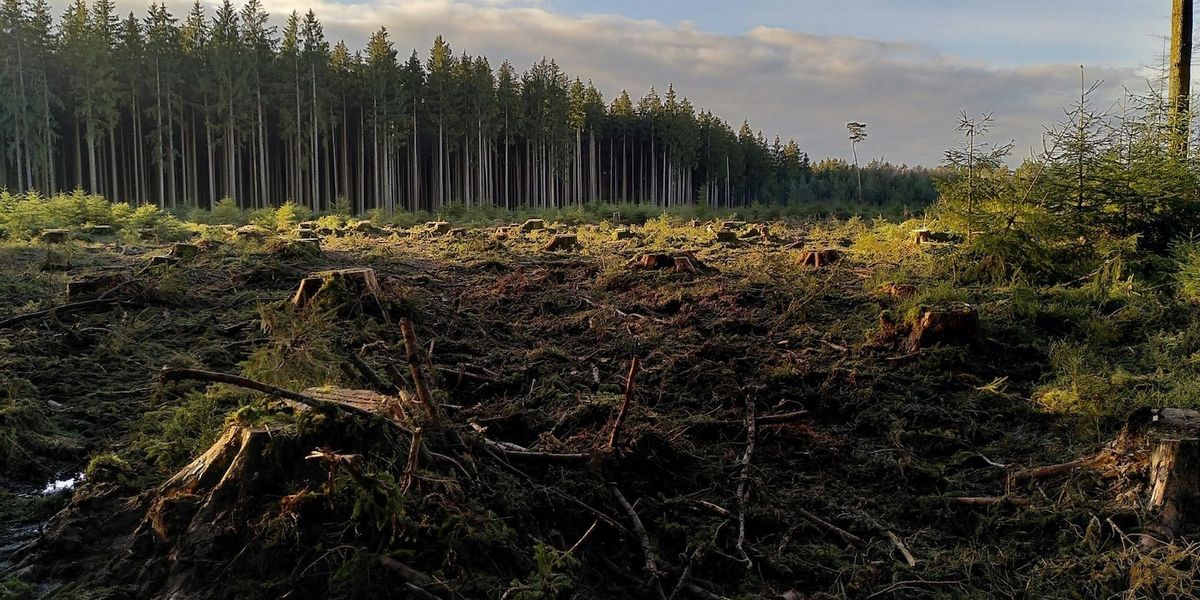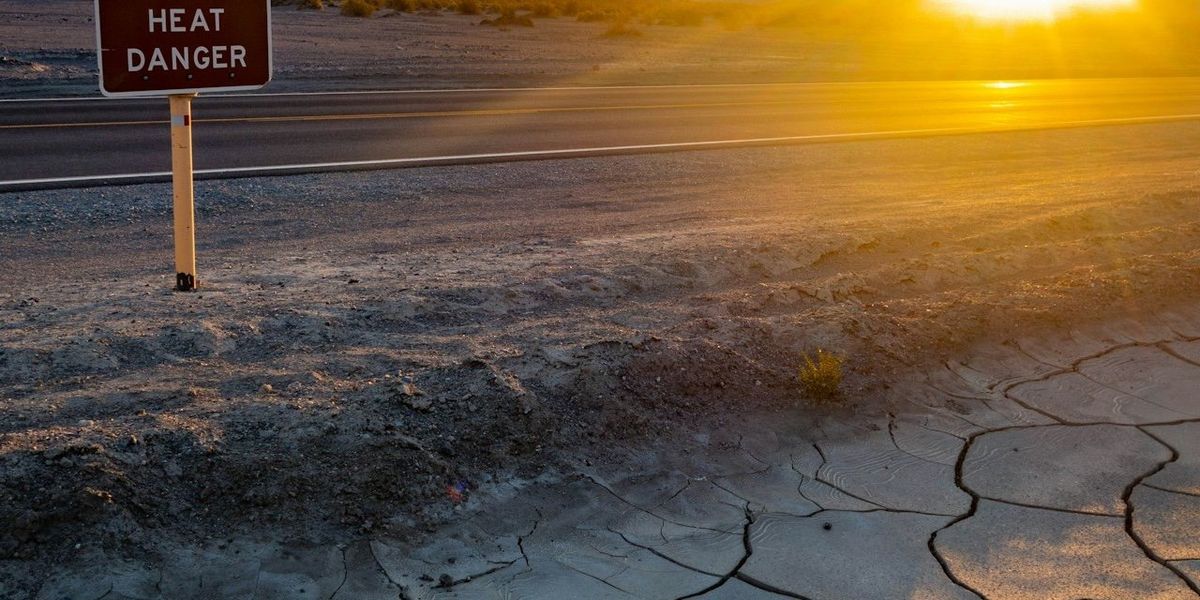
Tariffs on Mexican produce may spike prices and worsen food waste
President Trump’s proposed tariffs on Mexican and Canadian imports could disrupt fresh produce supply chains, drive up grocery prices, and lead to increased food waste across the U.S.
Frida Garza reports for Grist.
In short:
- A 25% tariff on Mexican goods, set to begin April 2, would raise costs on key imports like avocados, which make up 90% of U.S. supply and are central to many restaurant menus and grocery offerings.
- Industry experts say supply chain disruptions and rising costs could lead to hesitation in importing perishable foods, causing spoilage before items reach consumers.
- Food waste increases greenhouse gas emissions and strains hunger relief efforts, especially as prices rise and low-income families face greater challenges affording fresh produce.
Key quote:
“If we’re having trouble getting them in the country because it costs more, if that creates more hesitation among U.S. buyers to get those products into the country, the clock is ticking really fast.”
— Brenna Ellison, professor of agribusiness management at Purdue University
Why this matters:
The ripple effects of tariffs on agricultural imports can undermine the very systems that put food on American tables. The cost of importing perishable food rises and delivery slows, introducing a dangerous lag into a supply chain that depends on speed. That lag translates to spoilage, and once produce is too far gone to sell, it usually ends up in a landfill where it emits methane. What may seem like a policy aimed at protecting domestic producers could instead accelerate both environmental harm and food insecurity, just as the U.S. faces mounting pressure to address both.













